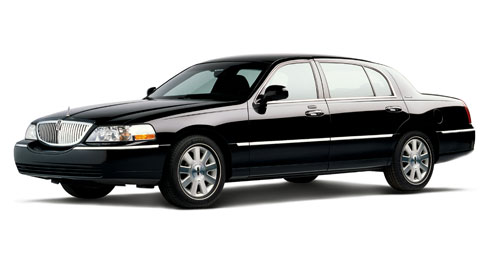Uber, surge pricing, and data at work (at work)
The on-demand black car service Uber took quite a bit of flack over the weekend for implementing what is known as 'surge pricing' during a pretty nasty snowstorm in New York City. If you are not familiar with Uber, (and you should be because it really is an amazing service), the basics are pretty simple. Users use a smartphone app to summon a black car or equivalent that picks them up and then are taken to their desired destination. The entire payment transaction (including leaving the driver a star rating) is executed via the app, for prices (at least in my experience) ranging 15-20% more expensive than 'regular' taxi service.
But during times of extremely high demand for rides and low supply of on the road drivers (like on a Saturday night in a bad storm), Uber implements 'surge pricing', essentially increasing the cost of rides anywhere from 2 to even 6 or 7 times the normal fares in order to balance demand with supply. The ECON 101 logic is pretty simple - the increased prices (which users are warned about in advance of booking a ride) will serve to simultaneously reduce demand while increasing supply, as more drivers will be enticed to get out on the road in order to earn increased fees during the surge pricing period.
In addition to using basic pricing flexibility to manage and try and balance supply and demand, Uber also is attempting to mitigate the one really frustrating piece of the typical customer's experience, (I can attest to this one), which is the simple lack of availability of a car when you need/want one.
But the backlash from last weekend's surge pricing in NYC seemed pretty harsh as people took to Twitter to vent about their frustration with Uber for radically increasing their prices during a time of "crisis" in the city - it seems like there were scads of celebrities that were particularly peeved about having to pay what they felt like were exorbitant prices for transportation around town.
Putting aside the natural lack of sympathy I have for anyone complaining that their on-demand, door-to-door, black car service costs too much (on a Saturday night in the busiest city in America and during a snowstorm), I wanted to highlight this story as one of the very few that we see that showcases how data, technology, and the combination of the two are actually conspiring to benefit the front-line worker - in this case the Uber affiliated black car drivers.
Normal taxi drivers or even limo drivers might see a little extra in their pay rates for working a Saturday night, but certainly could not take advantage of the dramatic increase in demand for their services as the Uber drivers who braved the storm were able to realize.
Through a combination of new technology, absence of the pricing regulations imposed on traditional taxi services, more flexible labor rules, and most importantly, the presence of information of the increased demand, these Uber drivers were able to make better and hopefully, more informed, data-driven decisions about whether, where, and when to provide their services.
Most front-line workers never really get the exercise the kind of labor pricing power that we see in this example. Last Saturday night lots and lots of pretty well-off people wanted black car service on one of the worst weather nights of the year. The kind of night that most folks would rather stay home and stay warm, much less venture out into the cold and wet and storm to work for their normal pay.
Thanks to data and technology at least in this example, the Uber drivers who did venture out into the weather did a little better than most front-line workers.
It looks like they were paid what they deserved. Which is not always easy to say, both for black car drivers and for the celebrities they ferried up and down Manhattan last Saturday night.
 ECON 101,
ECON 101,  customers,
customers,  work tagged
work tagged  Big Data,
Big Data,  ECON,
ECON,  data,
data,  transportation,
transportation,  work
work  Email Article
Email Article 
 Print Article
Print Article 
